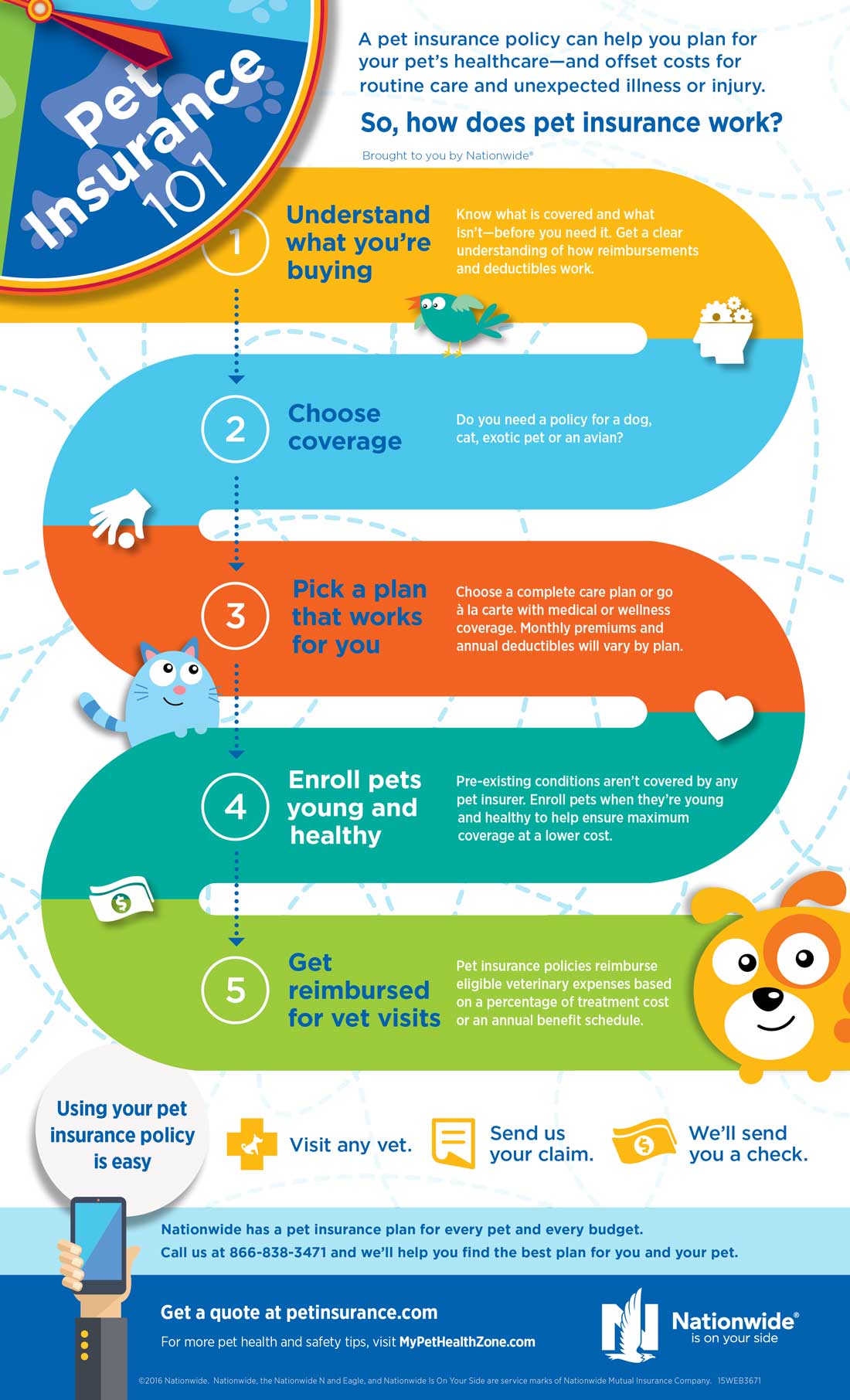Entire life and universal life insurance are both considered long-term policies. That implies they're created to last your whole life and won't expire after a particular time period as long as needed premiums are paid. They both have the possible to accumulate money worth gradually that you might be able to obtain versus tax-free, for any factor. Because of this function, premiums might be greater than term insurance coverage. Whole life insurance policies have a set premium, meaning you pay the exact same quantity each and every year for your protection. Similar to universal life insurance, whole life has the potential to build up cash value in time, creating a quantity that you may have the ability to obtain against.

Depending upon your policy's potential cash worth, it might be used to skip a superior payment, or be left alone with the possible to build up worth over time. Potential development in a universal life policy will vary based on the specifics of your specific policy, as well as other factors. When you buy a policy, the releasing insurer establishes a minimum interest crediting rate as laid out in your agreement. However, if the insurance company's portfolio makes more than the minimum rate of interest, the business may credit the excess interest to your policy. This is why universal life policies have the prospective to earn more than an entire life policy some years, while in others they can earn less.
Here's how: Considering that there is a money value part, you might be able to avoid premium payments as long as the cash value is enough to cover your required expenditures for that month Some policies might allow you to increase or reduce the death benefit to match your particular circumstances ** Oftentimes you might obtain against the money value that might have collected in the policy The interest that you might have earned gradually accumulates tax-deferred Entire life policies provide you a fixed level premium that will not increase, the potential to collect cash value in time, and a fixed survivor benefit for the life of the policy.

As an outcome, universal life insurance coverage premiums are normally lower throughout periods of high rates of interest than whole life insurance premiums, typically for the exact same amount of protection. Another crucial distinction would be how the interest is paid. While the interest paid on universal life insurance coverage is typically changed monthly, interest on a whole life insurance policy is generally changed yearly. This might mean that throughout periods of rising rate of interest, universal life insurance coverage policy holders might see their cash values increase at a rapid rate compared to those in whole life insurance policies. Some people might prefer the set survivor benefit, level premiums, and the potential for growth of a whole life policy.
Although whole and universal life policies have their own unique features and advantages, they both concentrate on supplying your liked ones with the cash they'll require when you pass away. By working with a qualified life insurance coverage representative or business representative, you'll have the ability to choose the policy that finest fulfills your private requirements, spending plan, and monetary goals. You can likewise get atotally free online term life quote now. * Offered necessary premium payments are timely made. ** Boosts may undergo extra underwriting. WEB.1468 (How much is renters insurance). 05.15.
Excitement About How Does Gap Insurance Work
You don't need to guess if you ought to enlist in a universal life policy because here you can discover everything about universal life insurance advantages and disadvantages. It resembles getting a preview prior to you buy so you can decide if it's the ideal type of life insurance for you. Keep reading to find out the ups and downs of how universal life premium payments, cash worth, and death benefit works. Universal life is an adjustable kind of irreversible life insurance that allows you to make modifications to two main parts of the policy: the premium and the death benefit, which in turn affects the policy's cash worth.
Below are some of the overall advantages and disadvantages of universal life insurance. Pros Cons Developed to offer more versatility than whole life Doesn't have actually the guaranteed level premium that's readily available with whole life Cash worth grows at a variable rate of interest, which could yield higher returns Variable rates likewise mean that the interest on the money value might be low More opportunity to increase the policy's cash worth A policy typically needs to have a positive cash value to stay active Among the most attractive features of universal life insurance is the ability to pick when and just how much premium you pay, as long as payments meet the minimum quantity required to keep the policy active and the IRS life insurance guidelines on the optimum quantity of excess premium payments you can make (How much is pet insurance).
However with this versatility also comes some downsides. Let's go over universal life insurance pros and cons when it pertains to changing how you pay premiums. Unlike other types of irreversible life policies, universal life can get used to fit your monetary requirements when your money flow is up or when your spending plan is tight. You can: Pay higher premiums more frequently than required Pay less premiums less often or perhaps avoid payments Pay premiums out-of-pocket or utilize the cash value to pay premiums Paying the minimum premium, less than the target premium, or avoiding payments will negatively impact the policy's money worth.